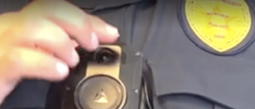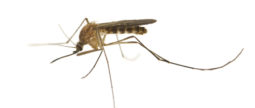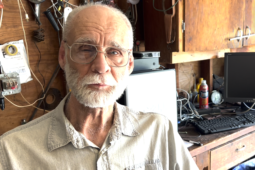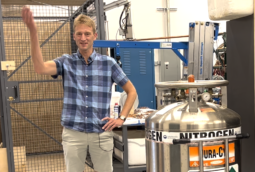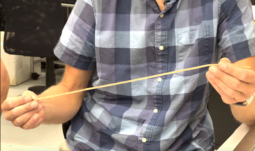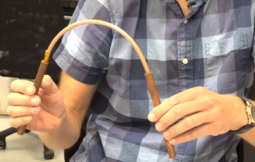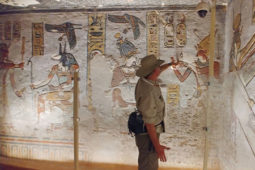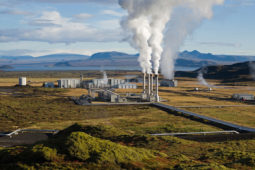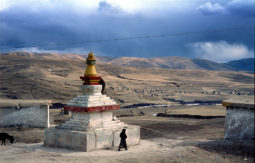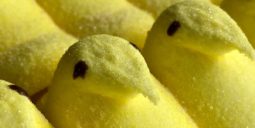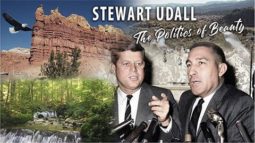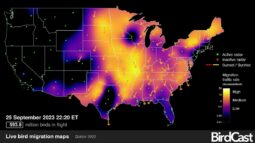
Fall bird migration is reaching its peak, with billions of birds traveling thousands of miles, mostly at night. We talk with Kyle Horton, director of Colorado State University’s AEROECO Lab, and a key member of BirdCast, which is a collaboration with the Cornell Lab of Ornithology. Kyle Horton shares the history of “weather radar” use in bird forecasting, plus refinements and algorithms, that fine tune the forecasts. We learn about BirdCast’s nationwide live migration maps, and bird migration forecasts for a city or a county, such as Boulder County Migration Forecasts. Additionally, we talk with AeroEcolab scientists Annika Abbott and Mikko Jimenez.
In the last 50 years, North American bird populations have dropped 30%. Light pollution draws many migrating birds to their death. The BirdCast Lights Out program encourages people and cities to turn out nonessential lights during key periods of bird migration in their areas.
Host/Producer: Shelley Schlender
Executive Producer: Beth Bennett
Listen to the show:
Podcast: Play in new window | Download (Duration: 26:56 — 37.2MB)
Subscribe: RSS



